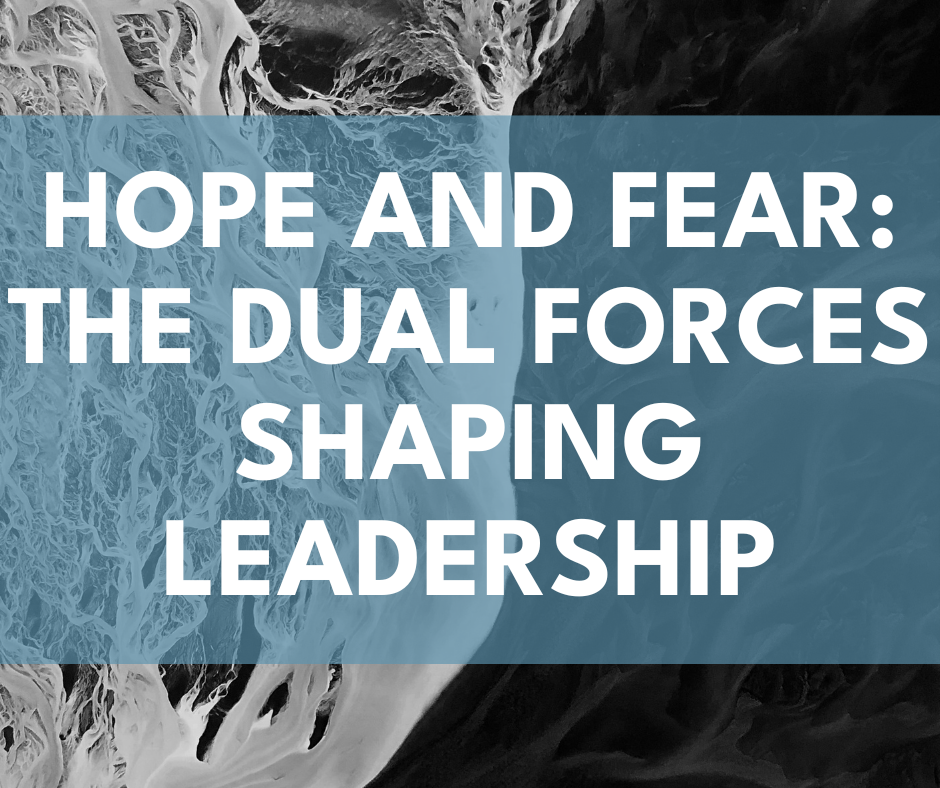 Leadership is a word imbued with significance. The implications of who we choose or allow to lead us impact not only our freedoms but also our future opportunities. By the time this reflection reaches the public, we will have voted as a nation, selecting leadership that can affect our lives in ways that are largely beyond our comprehension. Voting is about showing up and exercising our right to have our voices heard.
Leadership is a word imbued with significance. The implications of who we choose or allow to lead us impact not only our freedoms but also our future opportunities. By the time this reflection reaches the public, we will have voted as a nation, selecting leadership that can affect our lives in ways that are largely beyond our comprehension. Voting is about showing up and exercising our right to have our voices heard.
As I write this reflection, on the eve of November 5th, we find ourselves in a moment of uncertainty, unaware of the outcomes stemming from our choices, our participation, and, in some cases, our silence. In good conscience, as an organization dedicated to education and leadership development, we too must life our voices. Therefore, I want to take a moment to explore the work of leadership.
There are myriad reasons we select leaders; yet two of the greatest motivators are often direct opposites: hope and fear. We hope for change that can bring about better lives for all of us. We hope for growth and development toward opportunities that sustain life and foster community. While I’ve often heard the phrase “hope is not a plan,” Romans 8:24-25 offers an alternative approach:
“For in this hope we were saved. But hope that is seen is no hope at all. Who hopes for what they already have? But if we hope for what we do not yet have, we wait for it patiently.”
This hope serves as a reminder that God is with us, waiting and endures alongside us. “The New Revised Standard Version translates the end of verse 25 as ‘we wait for it with patience,’ but the Greek term ‘hypomonēs’ conveys a deeper meaning of endurance— ‘we wait with endurance’.”¹ For what then does hope endure? Hope waits for God’s love, poured out by the Holy Spirit, to inform our deliberations, our voice and our actions. Some may argue that politics and theological perspectives should remain separate. Nonetheless, it is crucial to recognize that true hope is born from love—a love that encourages us to envision a better future together.
On the other hand, the alternative to hope is fear. Fear is often a significant, and sometimes more powerful, driver in our choices of leadership and in the formation of leaders. Fear carries an intrinsic paradox: unlike hope, fear can be perceived as “a plan.” In our current political climate, leadership requires a keen understanding of the complex and tumultuous landscape we navigate. In a context of fear, a leader’s ability to inspire, unite, and drive positive loving change is more vital than ever.
Higher Education & Leadership Ministries (HELM) nurtures student leaders by sharing insights and experiences that illuminate the world they inhabit. This commitment is exemplified by recent initiatives like the Caminantes Board Immersion, led by Rev. Pedro Goycolea and HELM’s Rev. Lee Yates. Leadership Fellows immersive programs are designed to deepen emerging leaders’ understanding through theological reflection, cultivating the wisdom and care necessary to foster inclusive, loving and effective leadership practices.
In addition to the election of new leadership in this country, we are also approaching a season of Thanksgiving. In this season, we lift HELM’s community of higher education. We give thanks for the people who teach our students and the administrators who lead our partner institutions. We are particularly grateful for our donors whose generous support makes the development of future leaders possible. The commitment to giving ensures that initiatives like the Caminantes Board Immersion can continue, cultivating leaders who are not only aware of their surroundings but also equipped to anchor their communities in hope toward a brighter future.
Let me close by saying again, effective leadership is crucial in today’s political environment, where the stakes are high, and challenges are multifaceted. As we express our gratitude this Thanksgiving, let us remember the importance of nurturing leadership that is informed, empathetic, loving, hopeful, and grounded in service to others. Leadership transcends mere decision-making; it is about serving others with integrity, accountability and compassion – for this we endure!
Rev. Dr. Tamara Nichols Rodenberg
President, Higher Education & Leadership Ministries
¹West, Audrey, https://www.workingpreacher.org/commentaries/revised-common-lectionary/day-of-pentecost-2/commentary-on-romans-822-27
